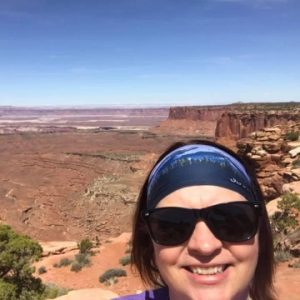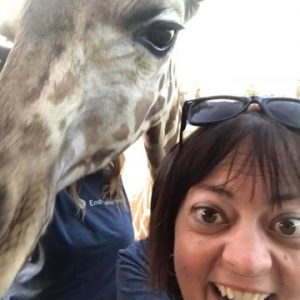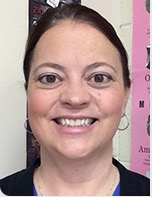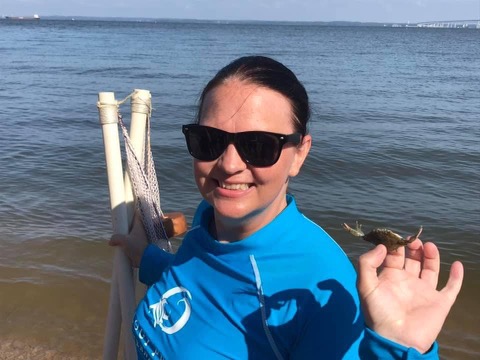Stacey Sebert
On-Board Educator

Ms. Stacey Sebert earned her Bachelors in Marine Biology from Stony Brook University, and continued her education at the University of Albany where she pursued her Masters in Science Education. Stacey’s passion for science also extends outside of the classroom through her travel. She hopes to one day visit all 63 National Parks, of which she has made it to 29 so far! Stacey also participates in #scienceshirtfriday, where she posts pictures of herself in funny science t-shirts. By sharing her nerdy shirts each week, Ms. Sebert has amassed quite a following on Twitter.
_________________________________________________________________________________________________________________

Ms. Stacey Sebert is an accomplished teacher in New York State and has run several successful outreach programs including Girls in STEM and Nano4Kids. She has received several prestigious teaching awards including the 2019 Excellence in Science Teaching award from the Science Teachers Association of New York State, as well as the Lyda Hill IF/THEN Innovation Challenge Award. Stacey has also worked with many professional education societies and research teams to publish and create science content for K-12 classrooms. She also actively participates in several professional development groups including G-Camp, Project Atmosphere, Project SWARM, Polar ICE, and Tsunami Project to name just a few.
_________________________________________________________________________________________________________________

Although Ms. Sebert has already had a wide variety of past sea experiences, she is looking forward to being part of a team conducting research, and hopes to share her knowledge gained on this research expedition with the public. Before being selected for the PUFINS team she conducted research aboard the On-Rust in the Long Island Sound. On this expedition, she and her peers collected benthic specimens from different types of sea floor environments and monitored the health of local bivalves by observing their mercury levels. She has also traveled to La Paz, Mexico with her marine biology students to study coral reef health in the area. They collected data on the Crown of Thorns sea star, one of the few natural predators of coral, and also built the framework to grow new coral to help restore nearby reefs.
